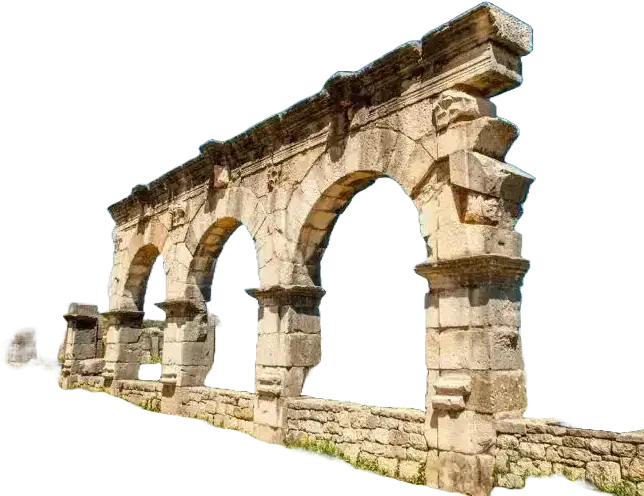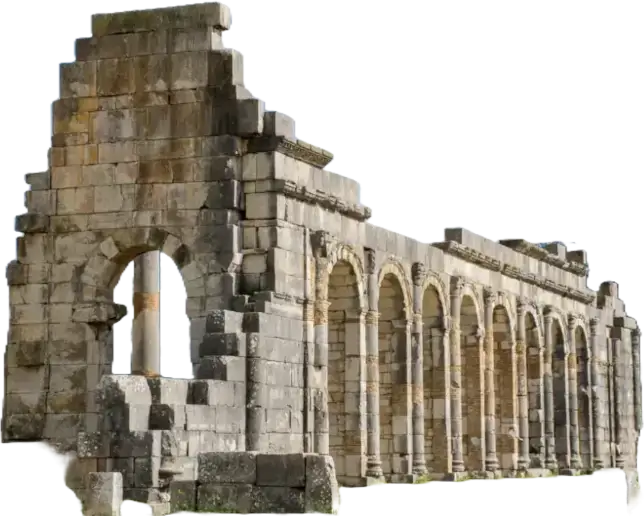By Geoff D. Porter
Back in May 2022, I was talking with a friend at the U.S. Embassy in Paris. We were discussing Tunisia’s trajectory. Tunisia’s economic circumstances were cataclysmic. President Kais Saied had eviscerated state institutions and gutted civil society. He had consolidated all control in the presidency, adopting an authoritarian “l'État, c'est moi” attitude. But as we discussed on that late spring afternoon, having sidelined every formal institution that he could blame when things did not get better, Saied could only start to blame Tunisians themselves.
We were unfortunately almost right, but, man alive, we did not anticipate the dark turn Tunisia would take...
To receive the full NARCO ANALYSIS, please use our contact form making sure to keep the prefilled value 20230302 in the message box.


